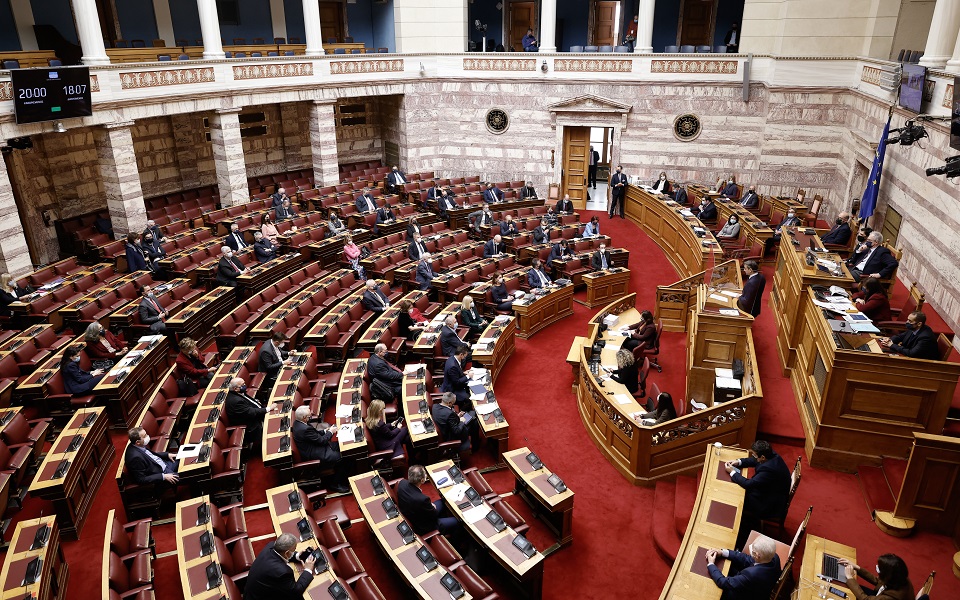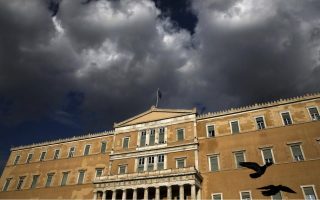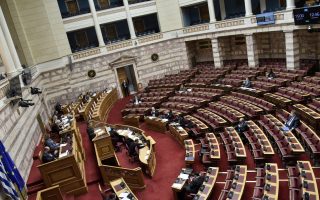A Parliament of followers

“Who is hiding behind the hashtag?” “Your MP is the one posting this vulgar content.” “Here is what was written on Facebook five or six years ago.” All three of these phrases, along with several variations, were uttered many times in Parliament on Wednesday.
So many, in fact, that the session titled “Parliament briefing on the quality of democracy and public discourse” almost seemed ironic. A more appropriate title would have been: “Followers’ briefing on the quality of online democracy and online discourse.” Even the evidence submitted by party leaders during the session was printouts of online posts.
This is the world we live in and it is not just a Greek phenomenon. Why are we talking about it then? The answer could be formulated along these lines; if institutional debates within Parliament are conducted in a fashion similar to a social media argument or by recycling toxic material found online, which are allowed to spread by the internet’s lack of boundaries and limits, then we need to accept that there is officially no form of regulation for our political discourse.
Both the prime minister and the leader of the opposition admitted that “horrible things are written on the internet” but that did not stop either from quoting the abusive language of online trolls. Finding a balance is admittedly very difficult. How can Kyriakos Mitsotakis ignore the indefensible posts of SYRIZA MPs when Alexis Tsipras refuses to condemn them by name? These, and other similar posts shape the “environment” we find in these online “coffeehouses,” the new setting for political conversation. It is known that this “environment” is conducive to formulating politics.
Social media is a bottomless pit. It incessantly gives birth to conspiracy theories; it taints and befuddles. If you throw enough mud at the wall, some if it will stick. Its main ingredient is suspicion; anything posted online finds an audience and is reproduced. It is equally adept at informing and destroying. How does one differentiate and hold on to the positive elements of the internet while rejecting its negatives?
Public discourse directly affects public health: It can drive people crazy. Even more so when it is conducted using terms and language that sow confusion, which in turn leads to rage – a rage that destroys any semblance of rational thought so, in the end, there is nothing to hold onto. The combination of simple proportional representation and social media can breed monsters. And they, as we have seen, are very real. They can occupy parliamentary seats and threaten democracy, and they do not hide behind hashtags.





